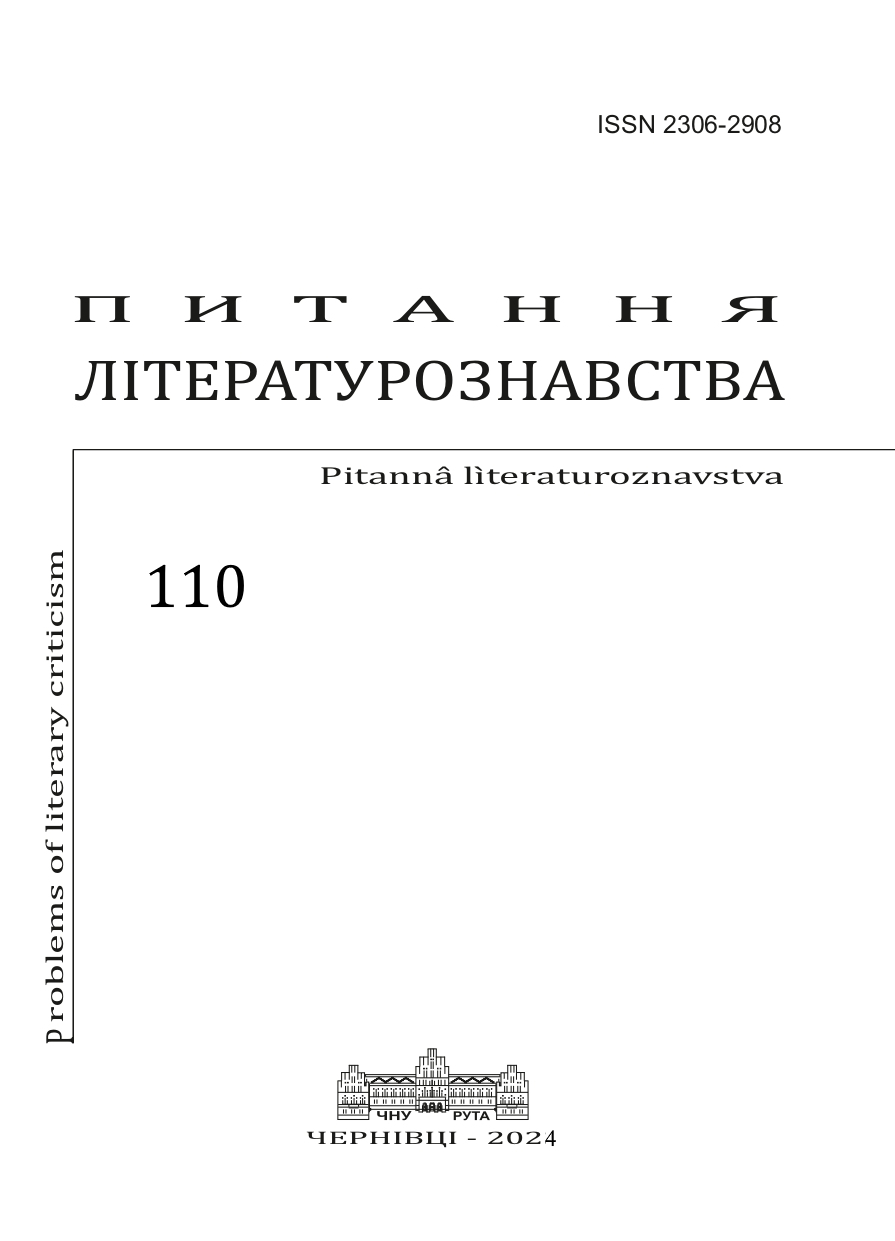Faire de la non-fiction une profession de foi litteraire et politique : fabrique d’une œuvre « braconne », construction d’une posture auctoriale et usages litteraires stratégiques de la sociologie par Annie Ernaux
Making Non-Fiction a Literary and Political Profession of Faith: The Making of a “Poached” Work, the Construction of an Authorial Posture and Strategic Literary Uses of Sociology by Annie Ernaux
Author(s): Isabelle CharpentierSubject(s): Language and Literature Studies, Studies of Literature, Sociology, French Literature, Theory of Literature, Sociology of Literature
Published by: Чернівецький національний університет імені Юрія Федьковича
Keywords: Ernaux (Annie); autosociobiography; literature and sociology; non-fiction and literarity; narratives of class defectors; auctorial posture;
Summary/Abstract: This article examines the uses of non-fiction in the autosociobiographical work of Annie Ernaux, winner of the Nobel Prize for Literature 2022, and the literary and political issues involved in blurring the boundaries between literature and sociology. From the “transpersonal I” of La Place (Gallimard, 1984) to the “collective autobiography” of Les Années (Gallimard, 2008), via her “exterior diaries” described as “ethnotexts”, the writer has gradually built up a distinctive authorial posture in which she shows herself as an ‘ethnologist of herself’ and of everyday life “down below”, that of her working-class social milieu of origin, in constant search of the “right” form for such narratives. Sociologically informed, this singular literary approach, characterized by a double rejection of the pitfalls of misery and populist posturing, but also by a constant concern to control her own reception, aims to objectify her upward social migration trajectory and those of her social peers, in a deliberately minimalist style, ostensibly sparing of literary means and effects, often described by literary critics as “flat” or “white” writing. Opposing her concern for the “truth” to the autofiction movement to which she is still sometimes misunderstood, the author, who sees literature as a political ‘weapon of combat’, has thus initiated a specific form of autosociobiography, which is not without risk with regard to her position and recognition in the contemporary French literary field.
Journal: Питання літературознавства
- Issue Year: 2024
- Issue No: 110
- Page Range: 391-419
- Page Count: 29
- Language: French

